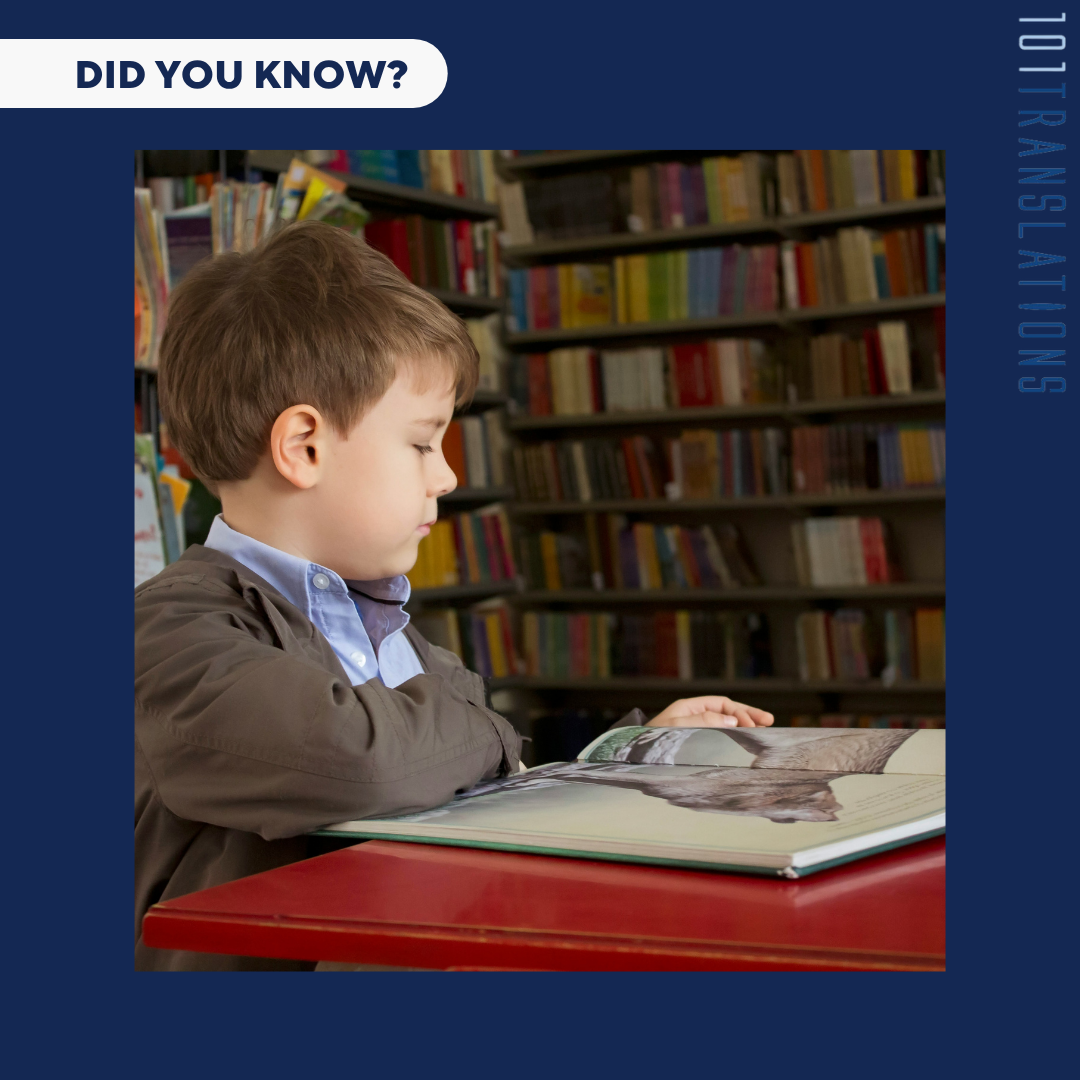The life quality of people with intellectual disability depends to a great extent on their ability to communicate. Research shows that children with intellectual disabilities like Down Syndrome don’t just acquire language more slowly than other kids, but also in a different way.
Often their speech development is slower than their cognitive development, and they may be good at using body-language such as eye contact and gestures to communicate their feelings and needs. Educators working with young people with these conditions focus on helping them to translate gestures into the sort of spoken language that will make it easier for them to live independent lives.




